Anna Moneymaker | Getty Images
The outcome is the result of an agreement reached on Friday between the U.S. Department of Education and the American Federation of Teachers, a union.
In the agreement, the Trump administration said it will again process student loan forgiveness for eligible borrowers in two income-driven repayment plans — the original Income-Contingent Repayment plan and the Pay as You Earn plan — as long as those programs remain in effect.
President Donald Trump’s “big beautiful bill” will phase out ICR and PAYE as of July 1, 2028.
“This is a tremendous win for borrowers,” said Winston Berkman-Breen, the legal director for Protect Borrowers, which served as the AFT’s counsel. “The U.S. Department of Education has agreed to follow the law and deliver Congressionally mandated affordable payments and debt relief to hard-working public service workers across the country.”
The Education Department did not immediately respond to a request for comment.
More than 2.5 million borrowers are in either ICR or PAYE, according to an estimate by higher education expert Mark Kantrowitz.
Why student loan forgiveness was blocked
The AFT, which represents some 1.8 million union members, filed a lawsuit against Trump officials in March, accusing them of blocking federal student loan holders from programs mandated in their original borrowing terms.
Earlier this year, the Trump administration had paused student loan forgiveness under some income-driven repayment plans, and said that it was doing so in response to court orders. IDR plans set a borrower’s monthly bill at a share of their discretionary income and cancel any remaining debt after a certain period, usually 20 years or 25 years.
The Education Department under Trump said that a court order that halted the Saving on a Valuable Education, or SAVE, plan — a Biden administration era program — had implications for other IDR plans.
Consumer advocates had argued that that was too broad a reading of the court order. And it left borrowers with just one repayment plan available that led to student loan cancellation: the Income-Based Repayment plan, or IBR. For a period, the Trump administration also paused IBR loan cancellation, though it has since resumed processing that aid.
In the agreement with the AFT, the Trump administration also clarified that borrowers who become eligible for student loan forgiveness in 2025 won’t owe federal taxes on the relief. A law that provides tax-free treatment on the federal level for canceled education debt expires at the end of this year.

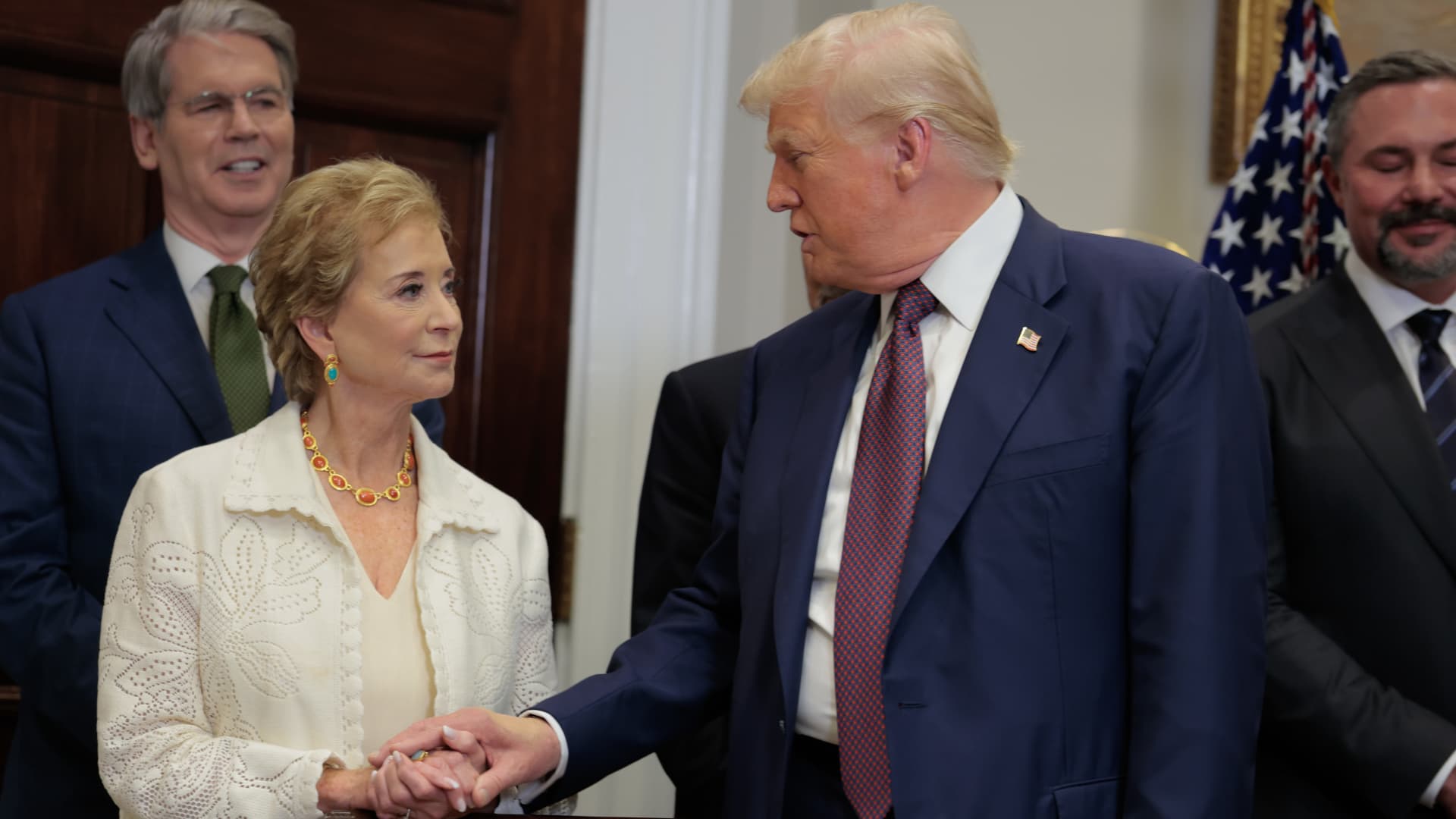
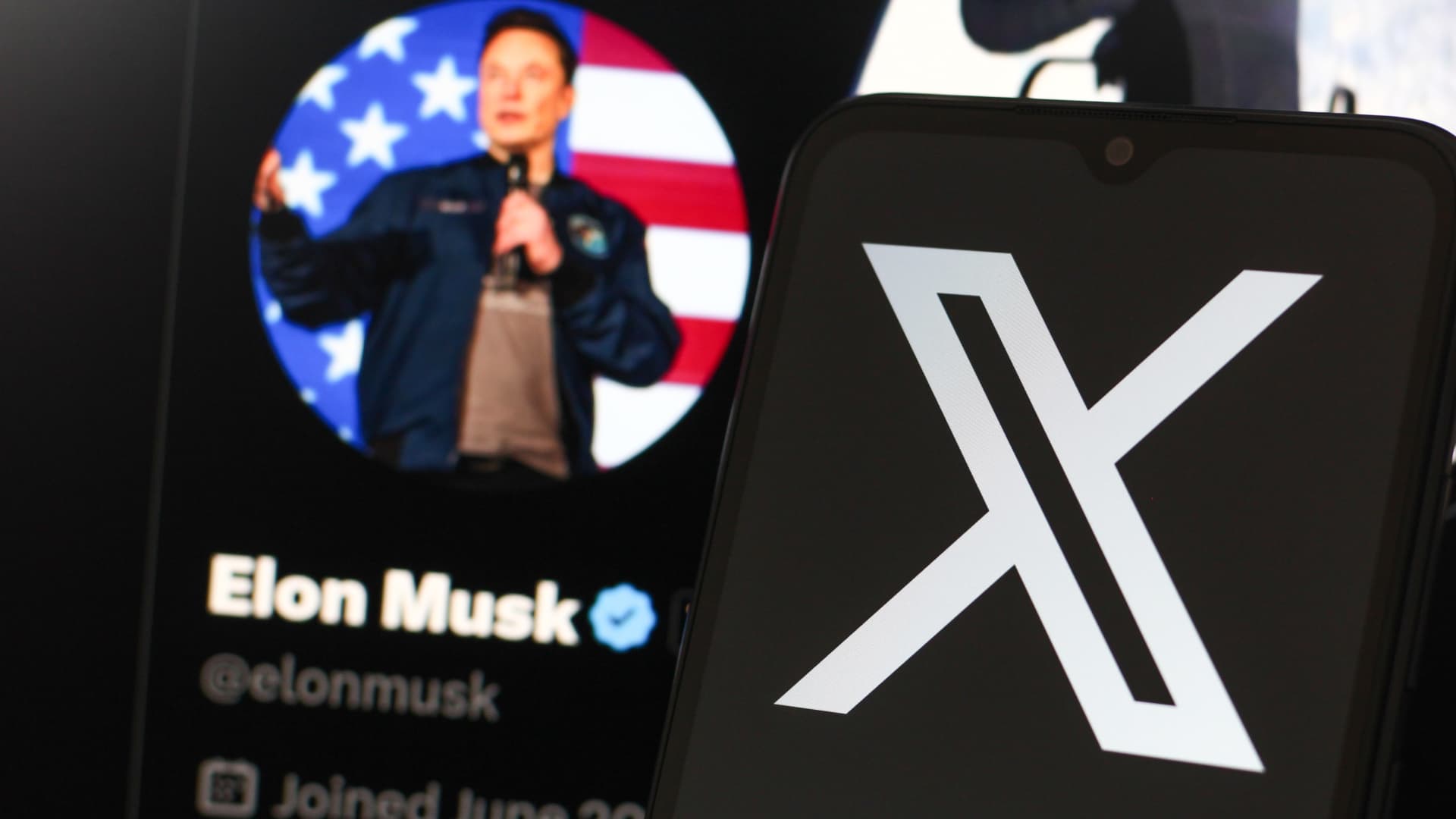
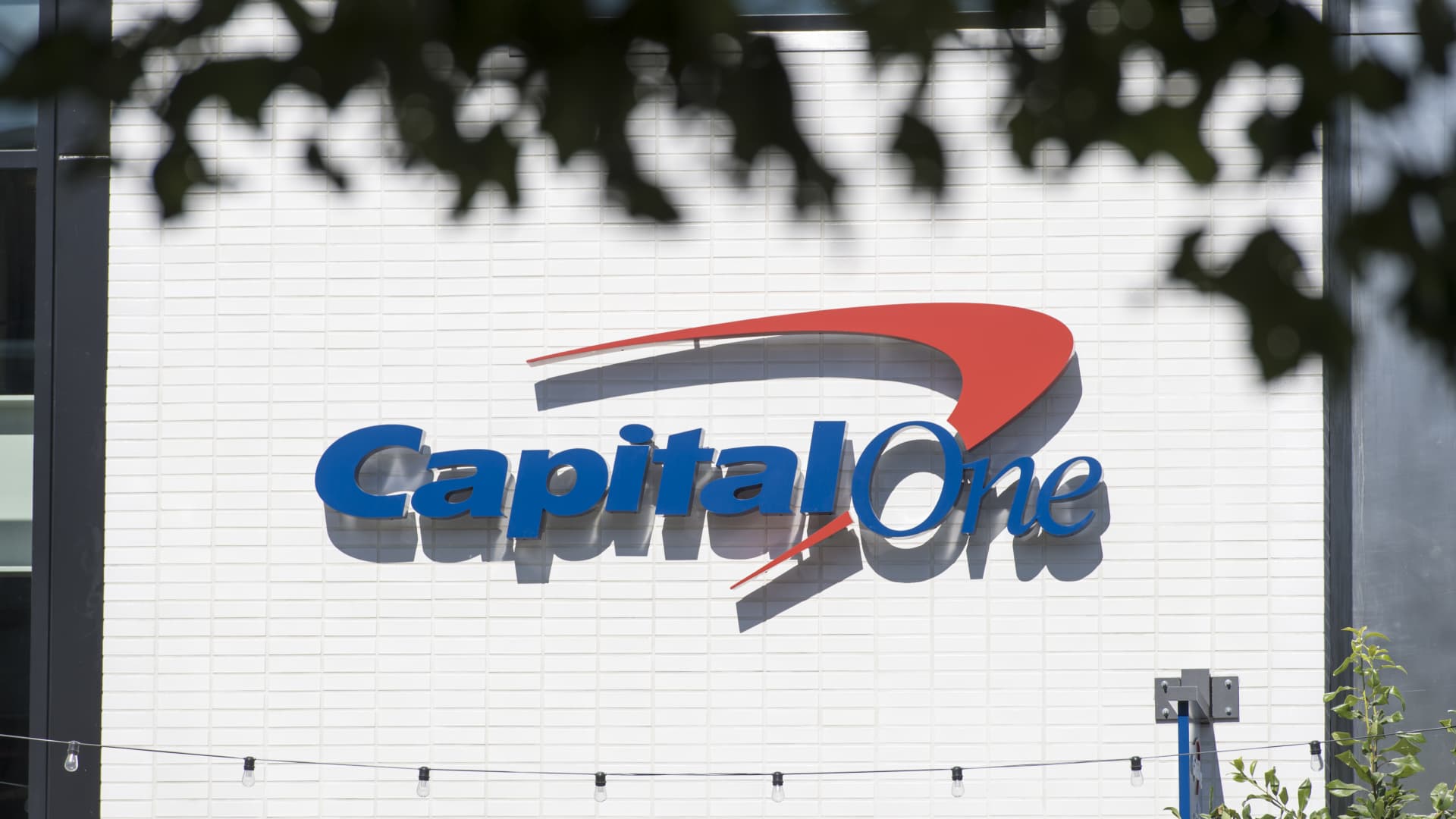
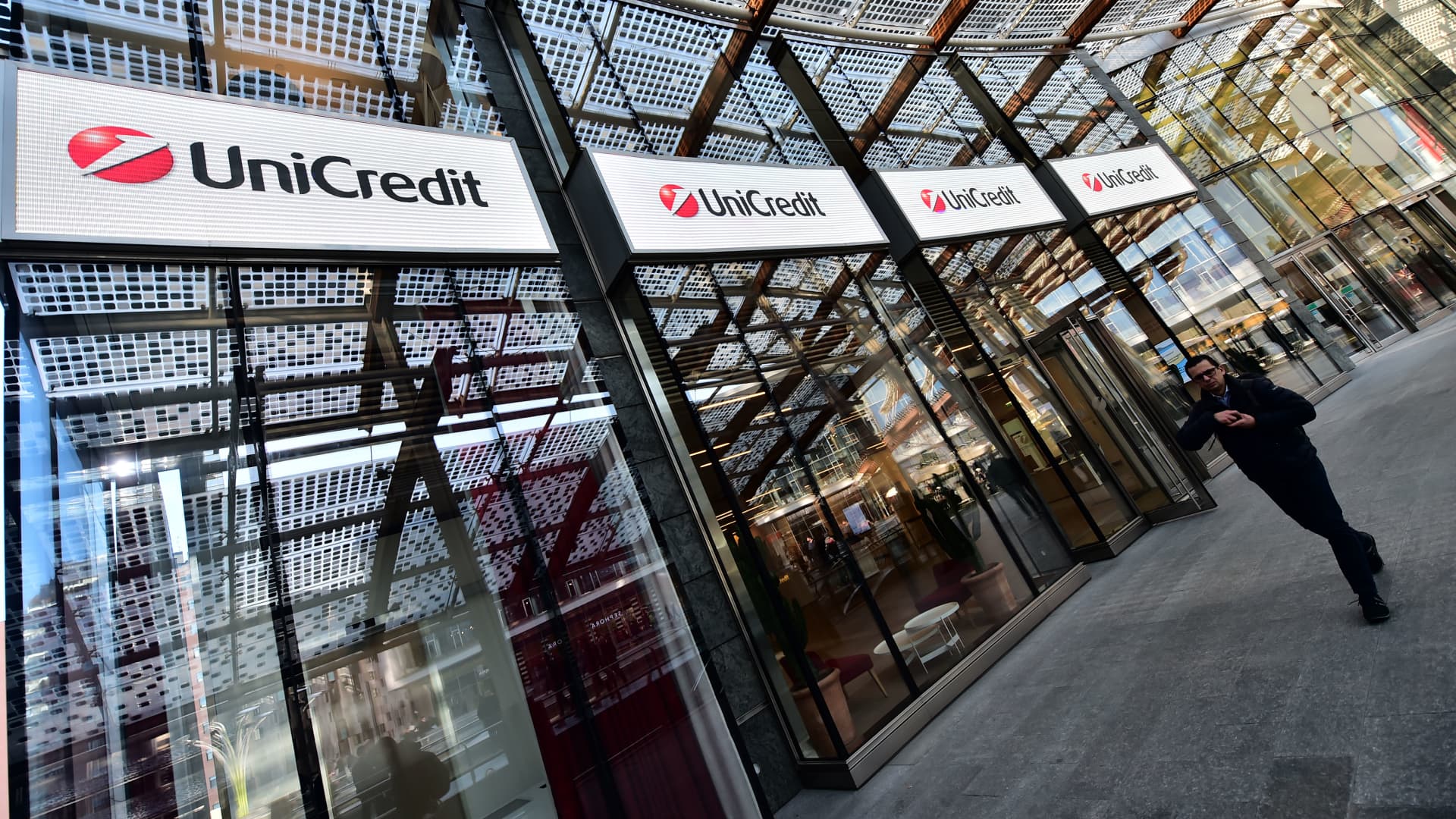





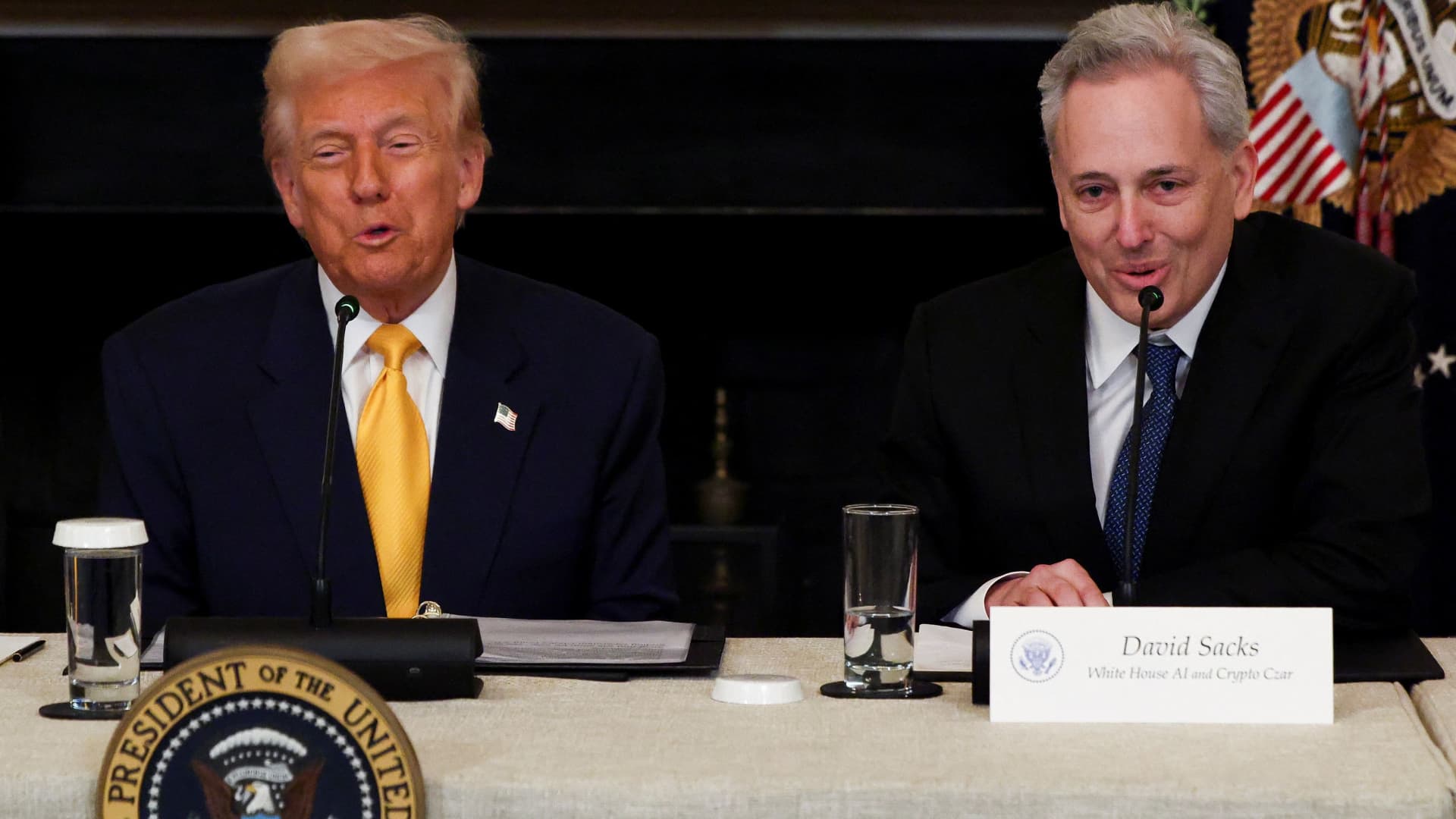





Leave a Reply